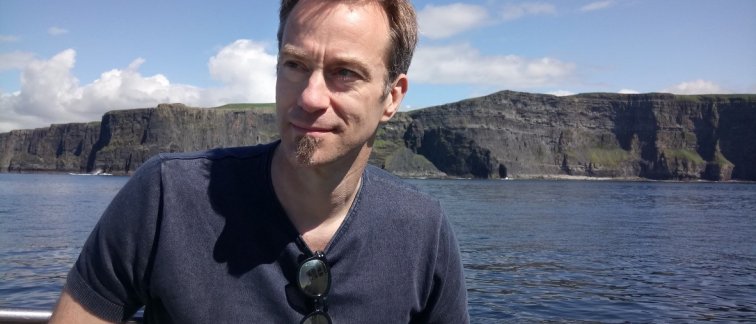Amsterdam UMC professor of Molecular T-Cell Immunology, Derk Amsen, has received a quarter million euros from the Dutch Cancer Society (KWF Kankerbestrijding) for his research on a form of immunological memory that suppresses our immune response against cancer. This could make it more difficult to combat metastases. "Most cancer patients do not ultimately die from the initial tumor but from metastases. This research is important to take a step towards better combating them."
Derk Amsen explains: "Regulatory T-cells suppress the function of our immune cells; they keep our immune system in check. Normally, they are essential in the body, but in tumors, they are harmful because they also protect the tumor against our immune cells. By disabling these regulatory T-cells in tumors, you can fight cancer."
In Amsen's laboratory, indications have been found that tumor-specific regulatory T-cells originate from a type of precursor cell that is not present in the tumor itself but continuously produces new regulatory T-cells that migrate to the tumor. Such cells would help promote the growth of new cancer metastases at an early stage. Therefore, you would want to disable these precursor cells to prevent tumors from being constantly protected.
"The research we want to conduct will determine whether the regulatory T-cells in tumors indeed originate from precursor cells. Then, we can search for a way to combat them. That would be a step forward in the treatment of cancer patients."
View all awarded projects of the KWF research & implementation program call 2023-2 here.
Source: This interview has been conducted by Sanquin and was published (in Dutch) on LinkedIn.
Read more about the grants and fellowships recently awarded to our AII researchers:
Mathilde Krim Fellowship for Steven de Taeye (May 2023)
ZonMW grant for Dr. Golebski and Prof. Maitland-van der Zee (February 2023)
3 Amsterdam institute for Infection and Immunity research projects receive € 2 million from KWF (January 2023)

